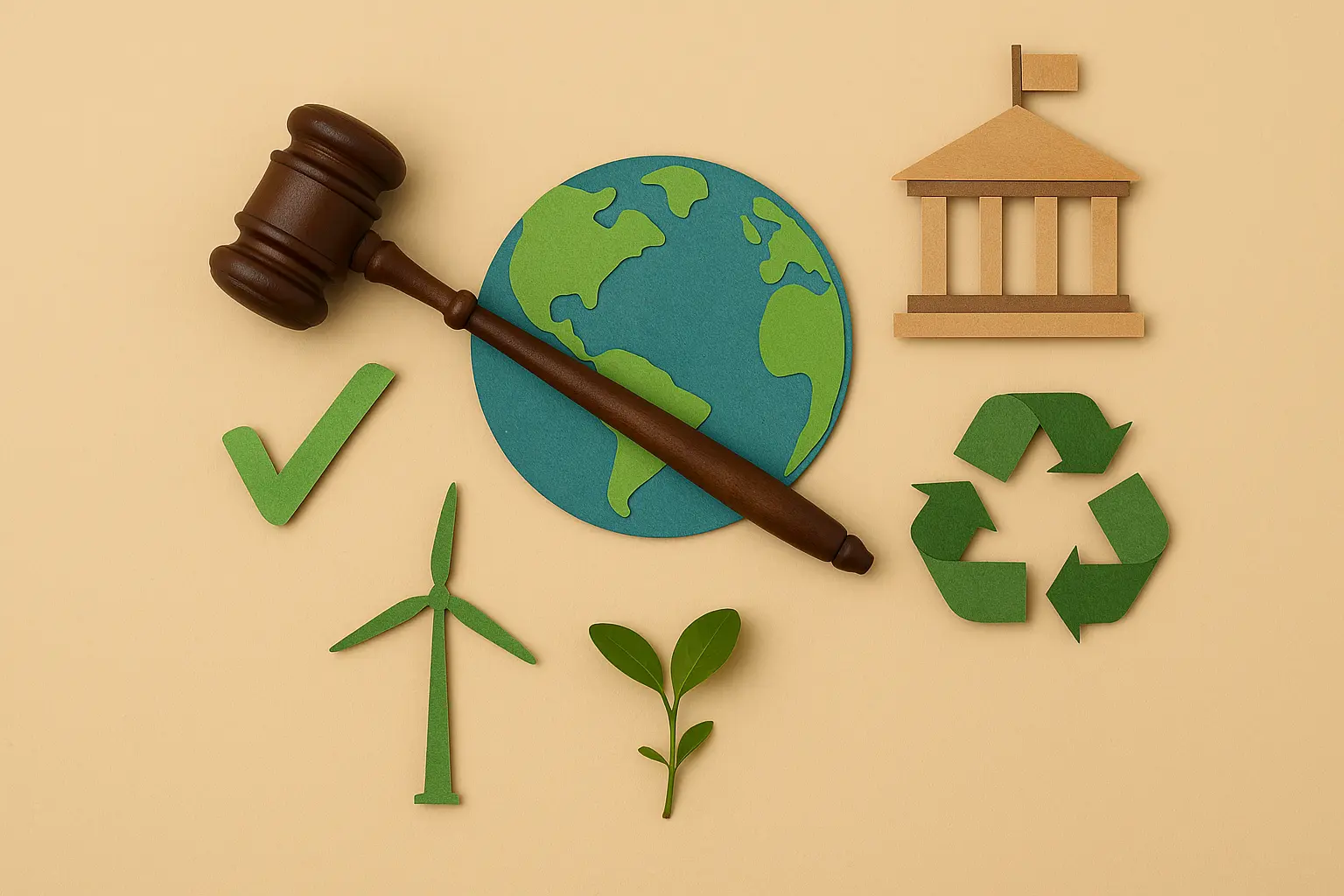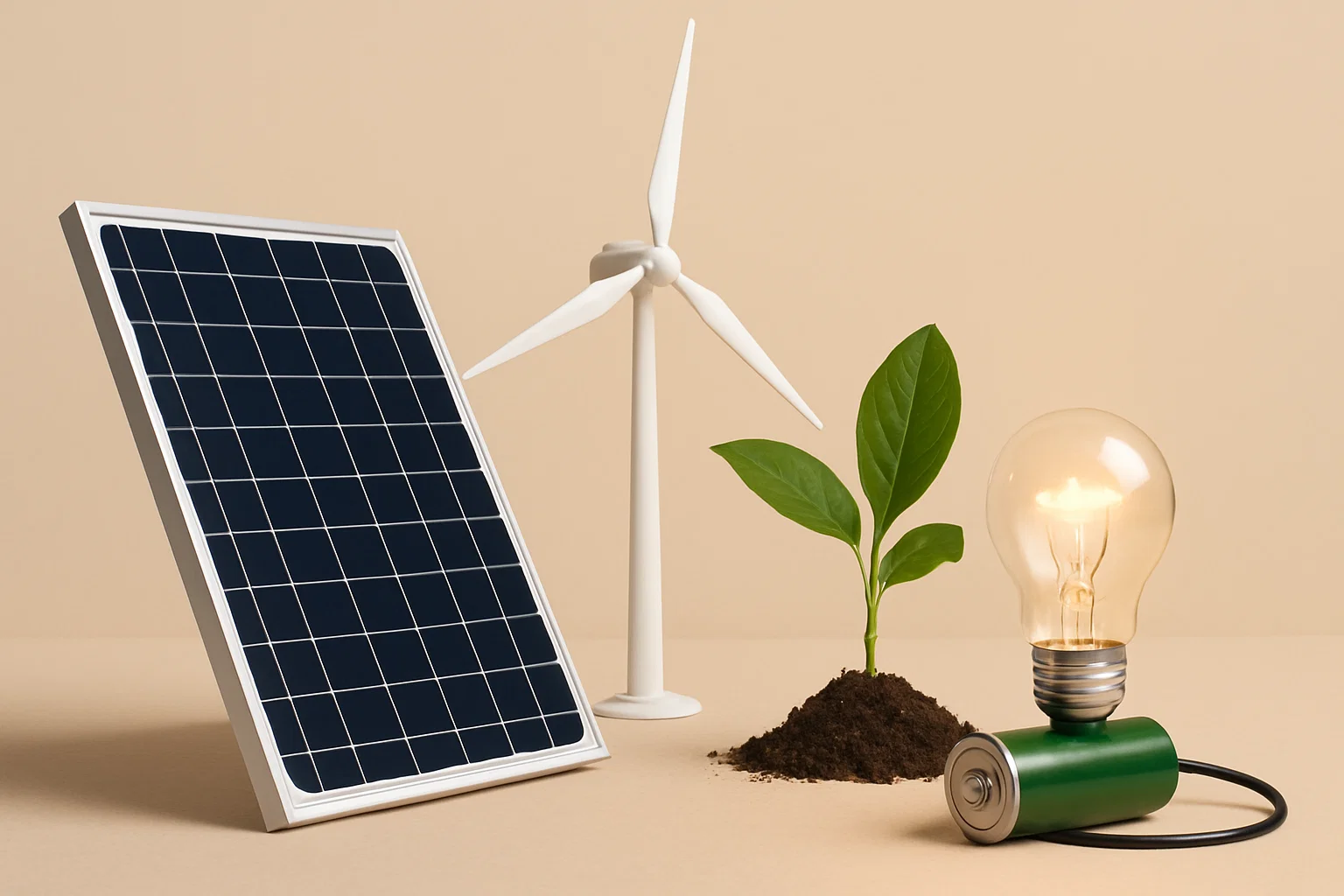Empowering Informed Action: Why Environmental Literacy Matters for a Sustainable Future

In an era defined by unprecedented environmental challenges, from the escalating climate crisis to the alarming decline in biodiversity, the need for a citizenry equipped with a fundamental understanding of ecological principles and environmental issues has never been more critical. The choices we make as individuals, the policies we support as communities, and the actions we demand from our leaders are all deeply influenced by our level of environmental literacy. Without a solid grasp of how our planet's systems function, the interconnectedness of human activities and environmental impacts, and the potential pathways towards sustainability, we are ill-equipped to make informed decisions that safeguard our future and the health of the planet we share.
The consequences of a widespread lack of environmental literacy are far-reaching. Individuals may unknowingly engage in unsustainable practices due to a lack of awareness about their environmental footprint. Policymakers may struggle to garner public support for necessary environmental regulations if citizens do not understand the scientific basis and urgency of these issues. Misinformation and disinformation about environmental science can spread unchecked, hindering meaningful progress towards solutions. Recognizing this critical gap in understanding, a growing movement is advocating for enhanced environmental education, accessible policy literacy campaigns, and effective climate communication tools to empower informed citizens and foster a more engaged and environmentally responsible society.
Fortunately, a wealth of resources and initiatives are emerging to bridge this literacy gap. By prioritizing sustainability education in schools and communities, developing policy literacy campaigns that demystify environmental regulations, and utilizing innovative climate communication tools to convey complex information in accessible ways, we can collectively boost our environmental IQ and empower individuals to make informed choices and advocate for effective policies that pave the way for a more sustainable future. Cultivating a society grounded in environmental literacy is not just an educational goal; it is a fundamental prerequisite for meaningful and lasting environmental action.
Building a Foundation of Understanding: Pathways to Environmental Literacy
Moving towards a society equipped to address environmental challenges requires a multi-faceted approach to education and communication:
Sustainability Education: From Classrooms to Communities
Integrating comprehensive sustainability education into curricula at all levels, from early childhood to higher education, is crucial for building a foundation of environmental literacy in future generations. This education should encompass not only the scientific principles of ecology and climate change but also the social, economic, and ethical dimensions of sustainability. Hands-on learning experiences, nature-based education, and opportunities for critical thinking about environmental issues are essential components. Organizations like EcoRise and the Green Schools Alliance are working to promote and implement effective sustainability education programs. Furthermore, extending environmental education beyond the classroom through community workshops, public lectures, and accessible online resources can reach a wider audience and foster lifelong learning about environmental stewardship.
Policy Literacy Campaigns: Demystifying Environmental Regulations
Understanding the often complex world of environmental policy can be a significant barrier to citizen engagement. Developing clear and accessible policy literacy campaigns is essential for demystifying environmental regulations and empowering individuals to understand how these policies impact their lives and the environment. These campaigns can utilize various communication channels, including infographics, short videos, and plain-language summaries, to explain key environmental laws, regulations, and policy proposals. Organizations like Vote Earth Now often provide resources that break down environmental policy issues and help citizens understand how to engage with their elected officials.
Climate Communication Tools: Making Complex Information Accessible
Communicating the science and urgency of climate change effectively requires innovative and accessible climate communication tools. This includes utilizing data visualization techniques to illustrate complex environmental trends, crafting compelling narratives that connect with diverse audiences, and leveraging digital platforms to disseminate accurate and engaging information. Organizations like EarthDay.org often create and share accessible climate communication materials. Effective climate communication aims to move beyond simply presenting scientific data to fostering understanding, empathy, and a sense of agency among the public.
Empowering an Environmentally Literate Society: Collective Action
Boosting our collective climate IQ requires a concerted effort from educators, policymakers, media outlets, and individuals. By prioritizing sustainability education, supporting policy literacy campaigns, and utilizing effective climate communication tools, we can empower citizens to make informed choices, engage in meaningful action, and advocate for the policies needed to create a more sustainable and equitable future for all. An environmentally literate society is a powerful force for positive change.
Related Blogs

Glimmers of Progress: Ten Policy Victories That Advanced Planetary Health in the Past Year
Insights on how environmental policy affects you (even if you don’t vote) in a sustainable way.

Decoding the Global Commitment: A Breakdown of the Paris Agreement and the Path Forward
Insights on a breakdown of the paris agreement (and what’s next) in a sustainable way.

Ban the Bag: Choosing Reusable Alternatives to Single-Use Plastic Carry Bags
Support local bans and global reduction by opting for cloth, jute, or foldable reusable bags.

Bank for a Better Future: Choosing Ethical Finance to Power a Cleaner Planet
Finance a cleaner planet by opting for ethical banks, green investment funds, and impact fintech.

Beyond the Ban: Navigating the Post-Plastic Bag Landscape Towards True Sustainability
Insights on banning plastic bags in a sustainable way.

Powering Change: Choosing Clean Energy Alternatives to Conventional Sources
Align with energy transition policies by opting for green providers, solar, or co-operatives.
Stay in the Loop
Get tips and insights tailored to your interests — no spam, just sustainability.